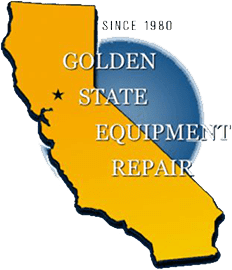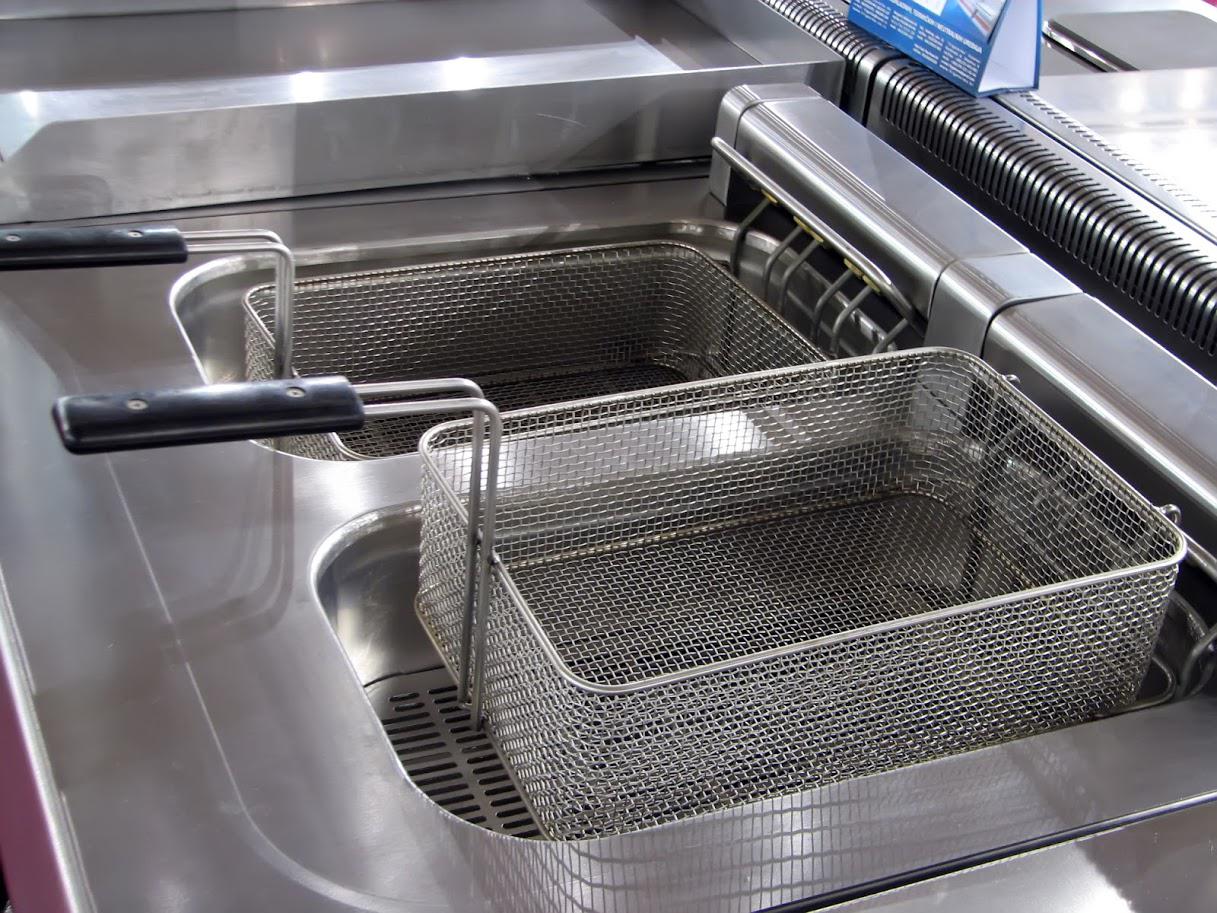3 REASONS WHY BIGGER ISN'T BETTER IN A COMMERCIAL AIR CONDITIONER
- By Admin
- •
- 22 May, 2018
- •
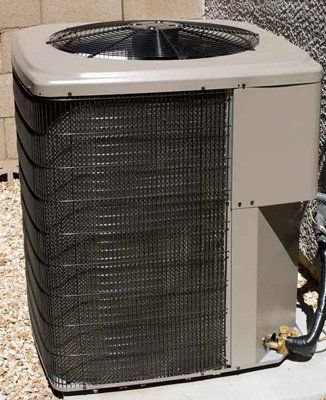
Commercial buildings require much more intensive HVAC systems than their residential counterparts, thanks to the larger spaces involved and greater numbers of people to keep comfortable. The cooling needs of restaurants tend to be even greater still, thanks to all of the excess heat generated inside of a commercial kitchen, as well as the power needed to keep walk-in refrigerators cool.
For this reason, many restaurant owners decide to err on the safe side and install the most powerful air conditioning system they can find. Unfortunately, this tactic can often result in unanticipated problems. If you would like to learn more about why a correctly-sized HVAC system will be better in the long run, read on. This article will discuss three problems an oversized air conditioner can create.
Excessive Cooling
A good commercial air conditioner is essential in keeping both your customers and your employees comfortable and cool. Believe it or not, an oversized AC can actually make this task harder. This has to do with the system's cycle times. In other words, the average amount of time the air conditioner runs in order to meet a given cooling job.
In this respect, oversized air conditioners are simply too good at their job, resulting in freakishly short cycle times. This can create comfort problems in a number of different ways. For one thing, even the shortest possible cycle time may end up producing too much cold air. This will result in accelerated cooling to levels far below what you intended.
At best, this may lead to awkward swings from frigid to comfortable. At worst, such a sudden influx of cold air may even cause your furnace to kick on, in a desperate attempt to bring your space back up to the desired temperature.
Inconsistent Cooling
An oversized air conditioner also makes it hard to regulate the temperature from one part of your building to another. In general, the closer a room happens to lie to the air conditioner, the cooler it will be. This temperature gradient can be surprisingly high, with the parts of your building that lie the farthest away from the duct line being many degrees warmer than the rest.
Once again, the problem has to do with the short cycle times produced by an oversized unit. By the time the room containing the thermostat has come down to the desired temperature, your blower unit will have just gotten started distributing the air throughout your building. As a result, conditioned air will simply never make it to those rooms located at the far ends of the duct system.
Moisture Issues
The problems discussed so far all have to do with comfort. Yet an oversized air conditioner also creates problems when it comes to the quality of your air, especially where moisture is concerned. In short, an oversized air conditioner will result in an increased moisture content in the air of your restaurant. This increases the risk of mold and mildew growth, while also potentially putting wood furniture and other delicate items at risk.
Once again, short cycle times are at the root of the problem. Here those short cycles compromise your air conditioner's ability to fulfill its most important secondary duty: dehumidifying the air. Provided an air conditioner is able to run for long enough, the super cold evaporator coil will cause water vapor passing through the system to condense.
This condensation then funnels out of your building through special drain lines. Short cycle times prevent your air conditioner from running long enough to result in this condensation. The resulting increase in humidity can wreak all kinds of problems if allowed to persist too long.
Expert Advise
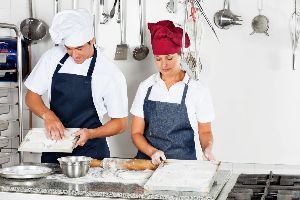
Convection ovens can lose their efficiency if they are not properly maintained over time. This loss in efficiency could compromise the quality of the foods that you are feeding to your customers, and it could affect the reputation of your business.
If you want to ensure that your kitchen continues to function well into the future, then don't overlook regular maintenance when caring for your commercial convection oven.
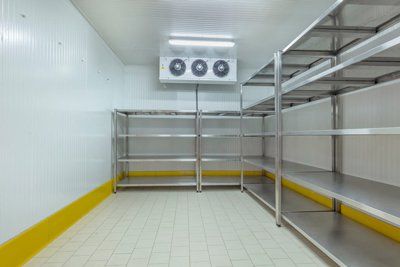
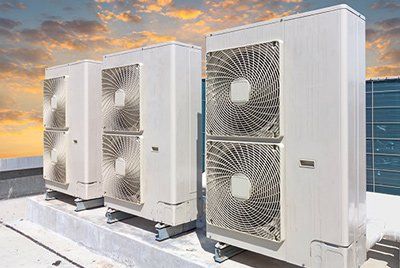
Most businesses rely heavily on their furnace and air conditioner to keep their building comfortable for staff and customers. You should keep your HVAC system up to date to maintain a good reputation and encourage clients or customers to return.
For this reason, you need to recognize the signs that your HVAC system needs to be replaced. The following six warning signs can help you decide whether or not it's time to replace your commercial A/C and furnace.
Here are a few problems that can arise with a commercial walk-in freezer and the reasons why you should have them remedied as quickly as possible.
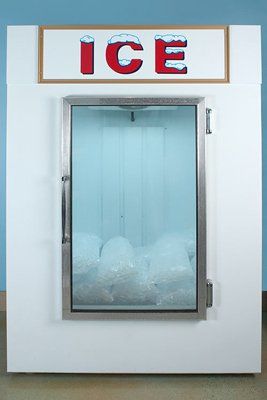
If you own or manage a restaurant or other food service establishment, an ice machine is an essential piece of equipment for your operations and will undoubtedly be one of your first purchases. However, before you buy an ice machine, take time to learn about the various options available to you.
Below is some helpful information about the different types of ice machines as well as ice cube types.
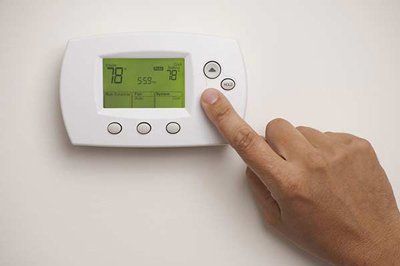
Energy waste is a costly problem for many businesses. On average, close to one-third of the energy used in a commercial structure is wasted.
Much of that loss occurs because practices related to heating and cooling the building. This means business owners can greatly reduce waste by rethinking how they view and utilize those systems.
Below are 3 ways that business owners can drastically cut their heating and cooling bills.
